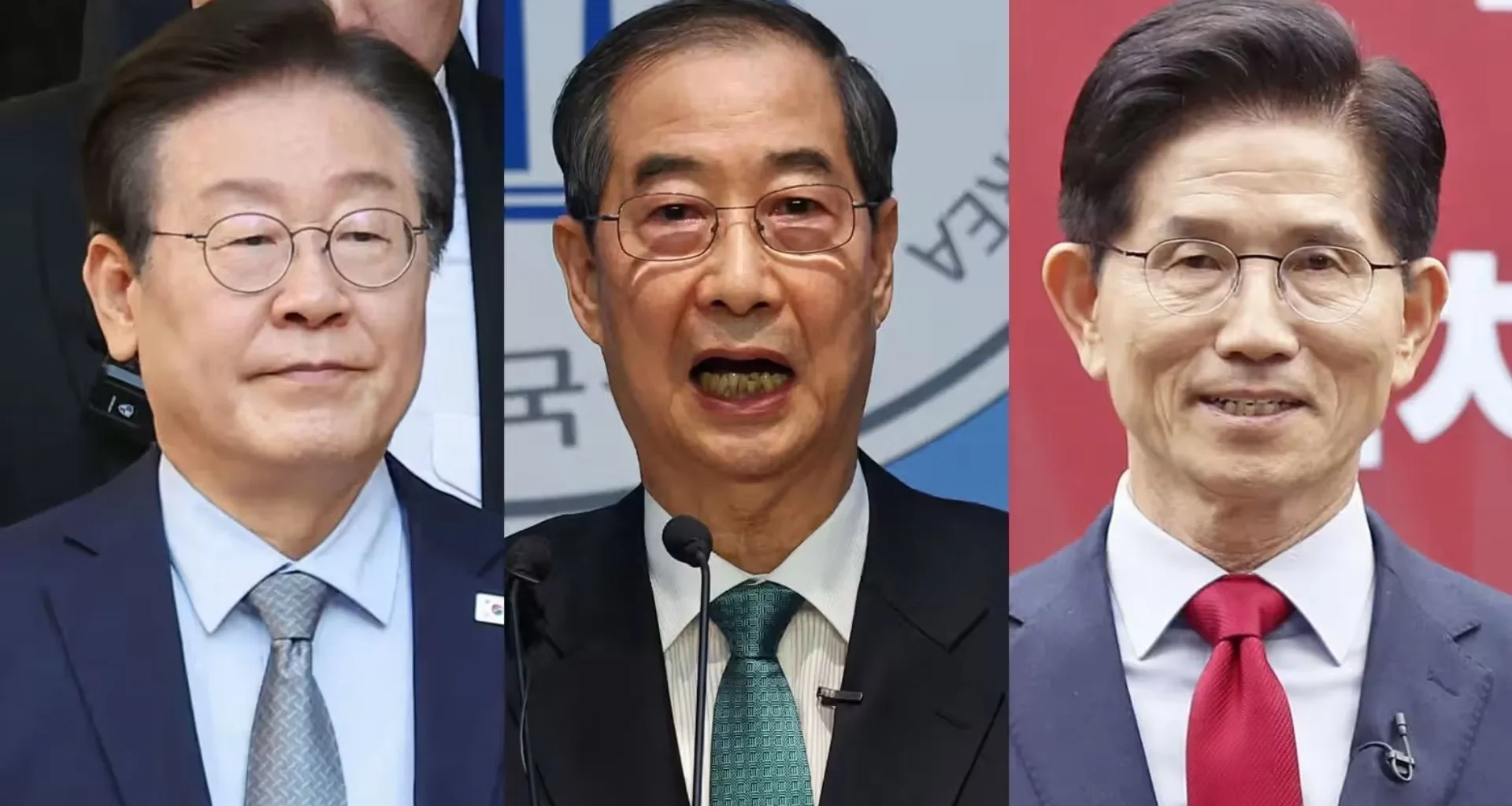South Korea stands at a pivotal moment as it prepares for the election on June 3, 2025 following President Yoon Suk Yeol’s impeachment.
A nation grapples with echoes of its dark past while facing an uncertain political future.
South Korea stands at a pivotal moment as it prepares for the election on June 3, 2025 following President Yoon Suk Yeol’s impeachment. It represents more than a leadership change – it’s a referendum on the Korean model of democracy itself. The election comes after the constitutional crisis when President Suk-yeol declared martial law in December last year, sending troops to parliament before being impeached and removed from office. The ensuing constitutional crisis has left the nation politically fractured yet determined to reaffirm its democratic values through the ballot box.
The Authoritarian Echo
The political crisis began on December 3, 2024, when President Yoon declared martial law under the guise of fighting “anti-state forces”. The incident recalled memories of the country’s authoritarian past, which drew parallels to General Park Chung-hee’s 1961 coup and the brutal suppression of the 1980 Gwangju Uprising. Although the order was reversed within hours by parliamentary action, the damage was already done. The sight of troops surrounding parliament sent shockwaves throughout the society, still bearing the scars of military rule.
The National Assembly impeached President Yoon on December 14, 2024, with 204 out of 300 lawmakers voting for it. The Constitutional Court confirmed the decision on April 4, 2025, and officially removed him from office.
A Race Against Time
Korean electoral law requires an election within 60 days of a presidential ousting, leading to a high-stakes campaign. The winner will take office right after the results are confirmed, without the usual two-month transition.
Lee Jae-myung of the Democratic Party, who narrowly lost to Yoon in 2022, now has over 50% support in recent opinion polls. His campaign focuses on economic inequality and strengthening ties with the US and Japan. However, his candidacy faces challenges as the Supreme Court recently reopened an election law violation case that could disqualify him.
Meanwhile, the conservative People Power Party (PPP) has nominated former labour minister Kim Moon-soo, although the party has struggled with internal divisions and public distrust. Other prominent candidates include Han Duck-soo, who recently resigned as acting president to enter the presidential race, and Ahn Cheol-soo, a lawmaker who has run in the last three elections and appeals to moderate voters.
National Challenges
The election comes amid economic and geopolitical challenges. Lee Ju-ho, the education minister, is currently serving as acting president, marking the third interim leader since December 2024, showing a leadership vacuum. South Korea faces US tariffs, slowing growth, and rising tensions with North Korea, China, and Russia. The election will decide domestic policy and South Korea’s position in East Asia and beyond. The new president will need to manage both internal divisions and external diplomatic relations.
Political Divide
The crisis has intensified the political divide to unprecedented levels in South Korea. Yoon’s supporters, often influenced by conspiracy theories, view him as the victim of a leftist plot. While opposition parties see his removal as democracy working to protect the constitutional order.
This divide extends to perceptions of the judiciary’s actions against Lee Jae-myung. While DP supporters allege political interference, critics maintain the courts are simply upholding legal standards that transcend electoral politics. These contrasting narratives reflect Korea’s struggle to find common democratic ground.
The Path Forward
The presidential election is a complex mix of legal battles and political division. It is not just a political choice, but also a test of democratic strength since 1987. If Lee Jae-myung wins despite legal challenges, his administration will face questions about judicial independence. If the conservative candidate wins, they will need to separate from Yoon’s legacy and address concerns about democratic decline. In either case, the next president must tackle urgent issues both at home and abroad.
Read More
